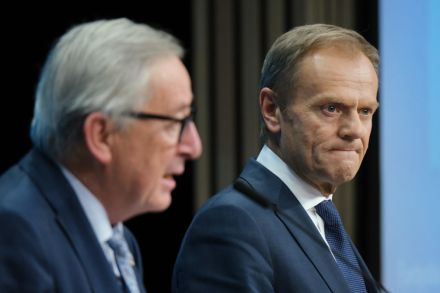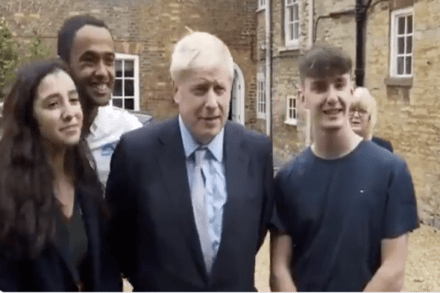Does this EU small print mean Brexit has already happened?
The heady drama when Britain and the EU agreed on a series of Brexit extensions earlier this year is hard to forget. But amidst the chaos, it’s worth asking: did Britain accidentally leave the EU on 1 June? A badly-drafted EU law – which also challenges the idea of EU competence – seems to suggest so. So how did this apparent blunder happen? And why has no one noticed? When Article 50 timed out on 29 March 2019, the UK and the EU agreed to extend to 12 April. When an extension is made it has to be done in both EU law and UK law. On that occasion, it was: both





















